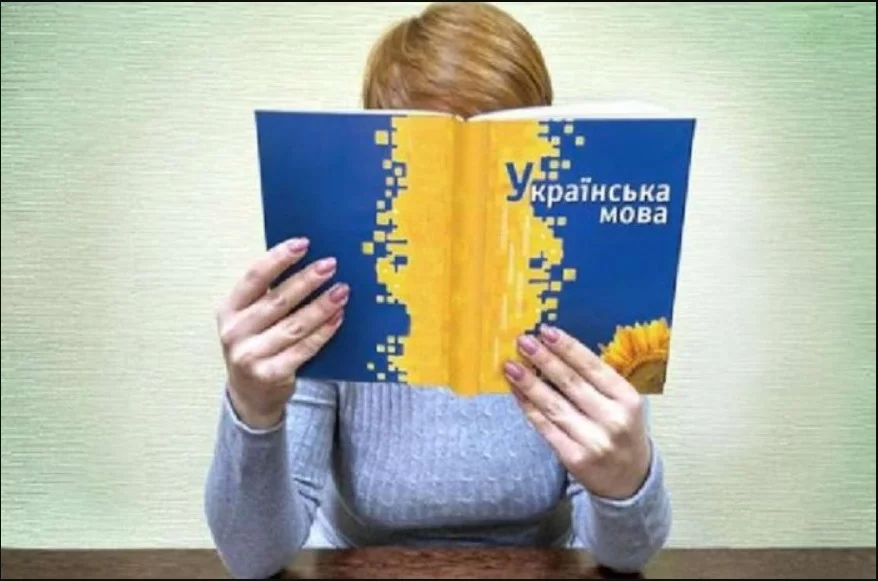As of today, a new article of law that severely affects the use of minority languages will come into force in Ukraine. Gábor Tóth, a member of Vasárnap.hu, asked Csilla Fedinec, senior scientific associate of the Social Science Research Center, about the changes. Our portal quotes the most important parts of the conversation.
- On January 16, a new article of the Ukrainian Language Act, which regulates the printed press, will enter into force. What is the point of this?
...- Ukraine's first language law was created during the Soviet period, in 1989, and was in force until 2012. The novelty of the new legislation created at the time was that it made those minority languages, whose speakers exceeded 10 percent, official languages at the regional level. The parliamentary adoption of the law was surrounded by scandals, and no broad political consensus was formed on the issue. The sharp discourses surrounding the legislation made the language issue a symbolic issue of political debates . In 2019, the new language law, which was also adopted without political subtlety, decisively made only one language, the state language, the custodian of the state's sovereignty and the unity of the nation...
...One could say that the individual passages of the law come into force like a road roller.
"Can you give me an example?"
– Article 25 of the Language Act, which is coming into force right now, is quite telling, and it applies to the printed press. According to paragraph 1, non-Ukrainian language press products must be published in a mirror edition and in the same number of copies, in the state language. The other paragraphs contain the other detailed rules, and the 5th paragraph contains the exceptions - all of these do not apply to the peoples recognized as indigenous (Crimean Tatars and some smaller peoples), as well as press products published in the official languages of the European Union, i.e. not even in Hungarian...
… – What can be expected in 2022?
- What is on the agenda now - is the citizenship law and the law on national minorities. In relation to the former, the main expectation is the legalization of dual or multiple citizenship (currently Ukraine recognizes only one citizenship), which would make life easier for ordinary people, including Transcarpathian Hungarians with Hungarian passports, and the constant threat that this would the actually illegitimate state can ever have negative consequences. What may fuel fears is that the previous drafts contained the clause that dual or multiple citizens cannot hold positions in public offices, and they cannot, for example, be municipal representatives or mayors.
... - Ukraine does not always strike a friendly note with Hungary, which lends a helping hand to it. It was not a good message that a Ukrainian military base was planned for Berezhda. Was this actually built?
- We talked about it a lot years ago, but since then they have been silent about it in public, while the construction is going on, some of the planned facilities have already been completed. It is clear that the relocation of the military to Beregszász also serves to strongly disrupt the demographic balance. It is shocking from the point of view of Hungary, but Ukraine really does not have a real economic development plan for Transcarpathia. The prestigious grants coming from Hungary are primarily aimed at the educational and cultural spheres. However, there is no future without jobs, and all this further worsens the prospects of the Hungarian community...
Source: vasarnap.hu
Author: Gábor Tóth
The full article can be read here.
(Header image: karpathir.com)













